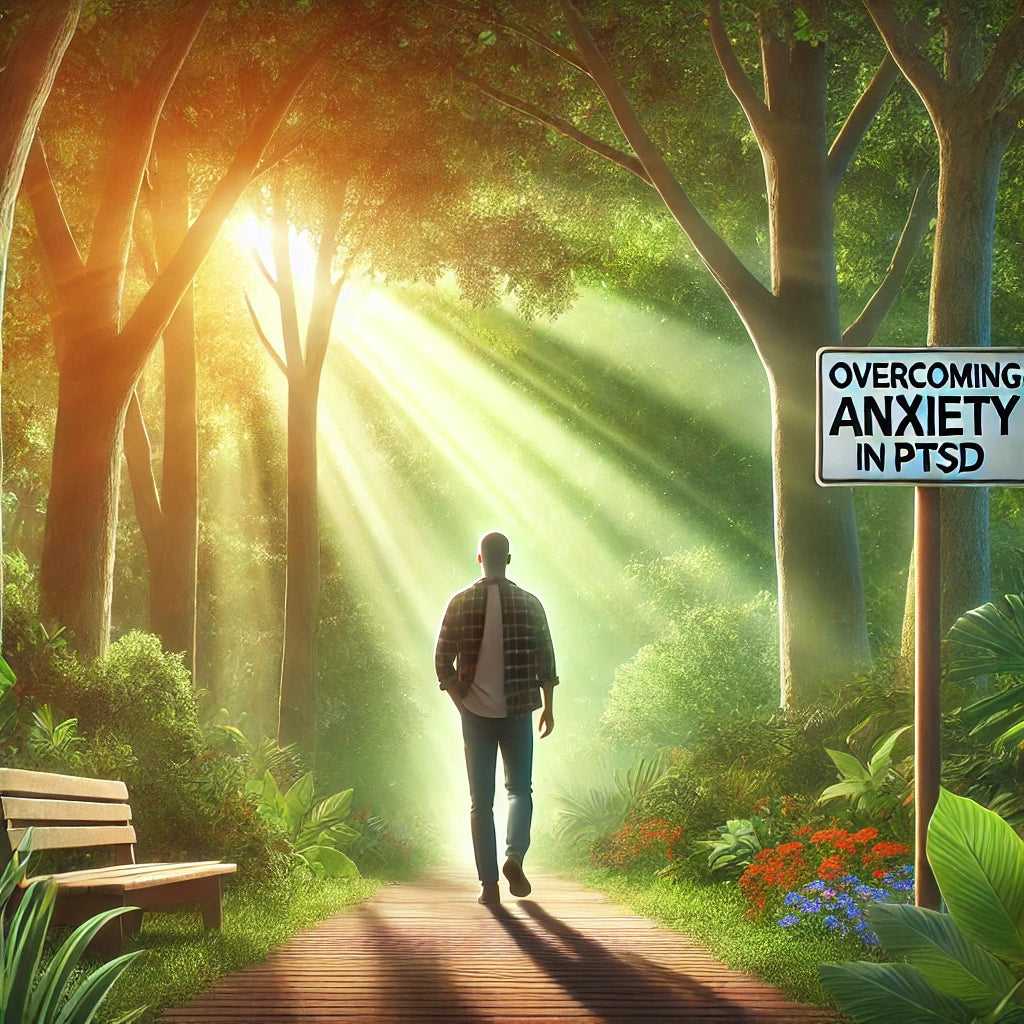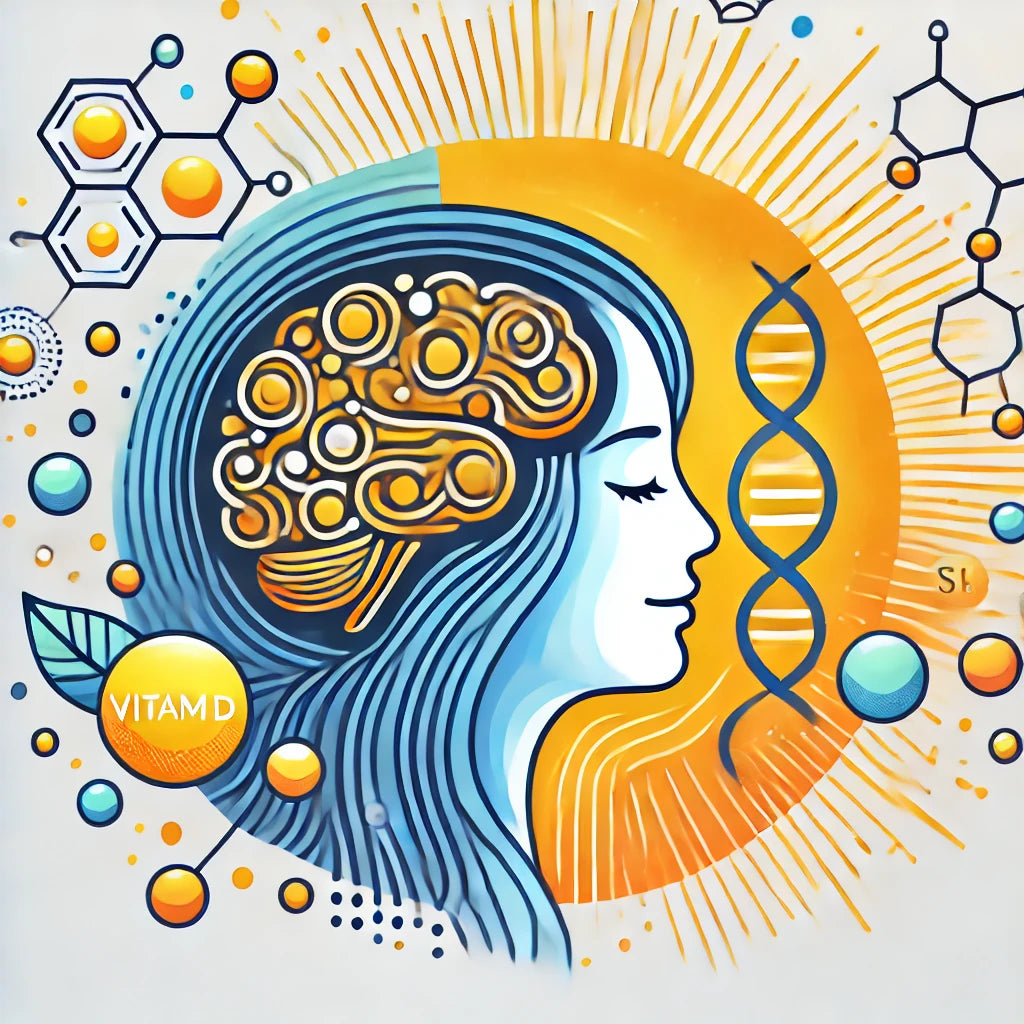News — mental wellness
Telehealth for Mental Health: Benefits, Challenges, and the Future
digital health health and wellness mental health care mental health challenges mental wellness online counseling telehealth telemedicine benefits virtual therapy
Telehealth has revolutionized healthcare by enabling remote access to medical services, and mental health care is no exception. Virtual therapy sessions, online counseling, and digital support groups are transforming how individuals seek and receive mental health support.
This article examines the benefits of telehealth for mental health, the challenges it presents, and the future of digital mental health care.
Breaking the Cycle: Addressing Alcoholism and Mental Health
addiction treatment alcohol abuse alcohol addiction alcohol and mental health alcoholism breaking the cycle coping mechanisms counseling detox mental health mental health solutions mental wellness mindfulness overcoming addiction recovery recovery resources rehab support systems therapy
Alcoholism and mental health are deeply intertwined, forming a cycle that can feel impossible to escape. For many, alcohol is used as a coping mechanism for dealing with mental health challenges like anxiety, depression, or trauma. Unfortunately, this reliance on alcohol often exacerbates these issues, creating a destructive loop that impacts every aspect of life.
Breaking free from this cycle requires more than willpower; it demands a comprehensive approach that addresses both the addiction and the underlying mental health struggles. By exploring the connections between alcoholism and mental health, understanding treatment options, and embracing a support network, individuals can reclaim their lives and build a healthier, more fulfilling future.
Overcoming Anxiety in PTSD: Effective Coping Strategies
anxiety help Anxiety Relief CBT coping strategies for PTSD emotional healing journaling managing PTSD mental health mental wellness mindfulness overcoming PTSD PTSD anxiety PTSD support PTSD symptoms PTSD therapy PTSD treatment PTSD triggers self-care tips stress relief trauma recovery
Post-Traumatic Stress Disorder (PTSD) can feel like a heavy burden, with anxiety being one of its most overwhelming symptoms. It affects millions worldwide, shaping how they navigate daily life. However, the good news is that it is possible to manage and even overcome anxiety linked to PTSD through effective coping strategies.
This guide is designed to offer actionable insights into managing anxiety, whether you're someone living with PTSD or supporting a loved one. From mindfulness practices to professional therapies, you'll find a comprehensive range of tools to help you regain control and nurture your mental health.
Nature's Prescription: The Benefits of Ecotherapy for Mental Health
animal-assisted therapy anxiety treatment benefits of nature cognitive function ecotherapy forest bathing gardening therapy green therapy holistic health mental health mental wellness mindfulness in nature nature for depression nature therapy stress relief urban ecotherapy wilderness therapy
In today’s fast-paced world, mental health challenges have become increasingly common. The constant buzz of technology, the pressures of work, and the overwhelming nature of daily life can easily take a toll on mental well-being. While traditional forms of therapy have helped many individuals manage their mental health, a growing body of research suggests that reconnecting with nature—known as ecotherapy—can provide a powerful and effective approach to improving mental health. This nature-based therapy has garnered attention for its holistic benefits, allowing people to find healing by simply stepping outside.
Ecotherapy, often referred to as "green therapy" or "nature therapy," isn't just about spending time outdoors. It encompasses a variety of nature-based activities that are structured and intentional, designed to tap into nature's inherent ability to nurture the mind. Whether it’s through forest bathing, gardening, or spending time near bodies of water, ecotherapy has demonstrated a profound impact on stress reduction, anxiety, depression, and overall emotional well-being. This article will explore the many benefits of ecotherapy for mental health, outlining how nature truly can be a powerful prescription for the mind.
Sunshine and Serotonin: The Connection Between Vitamin D and Mood
boost serotonin naturally depression happy brain mental health mental wellness mood seasonal affective disorder serotonin serotonin and mood sunlight and mood sunlight benefits sunshine vitamin vitamin D vitamin D deficiency vitamin D for depression vitamin D supplements
Have you ever noticed that your mood improves on a sunny day? There’s a scientific reason behind this, and it involves vitamin D. Known as the "sunshine vitamin," vitamin D is produced in the skin when exposed to sunlight and plays a crucial role in maintaining physical health. However, what many people don’t realize is that it also has a profound impact on mental well-being. Numerous studies have linked vitamin D deficiency to mood disorders such as depression, anxiety, and seasonal affective disorder (SAD).
Vitamin D influences the production of serotonin, the brain's "feel-good" chemical, which helps regulate mood, appetite, and sleep. When vitamin D levels are low, serotonin production can decrease, leading to feelings of sadness, fatigue, or even depression. In this guide, we will explore the fascinating connection between vitamin D and mood, the signs of deficiency, and how to maintain healthy levels to support mental well-being.





